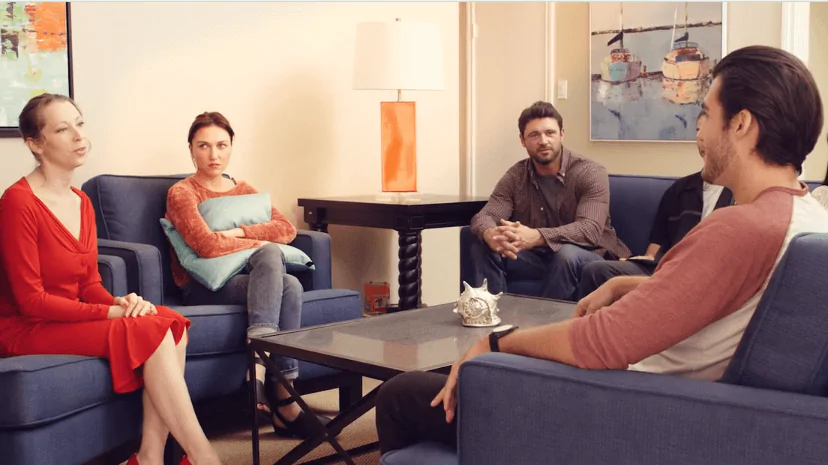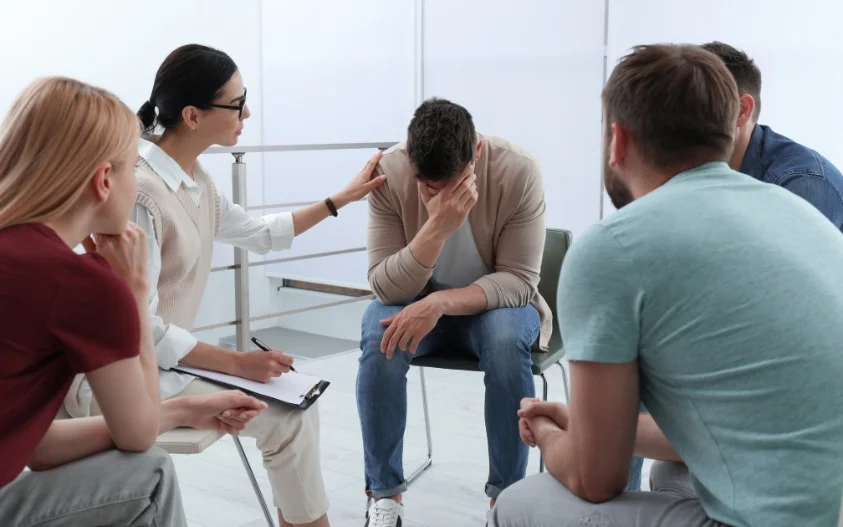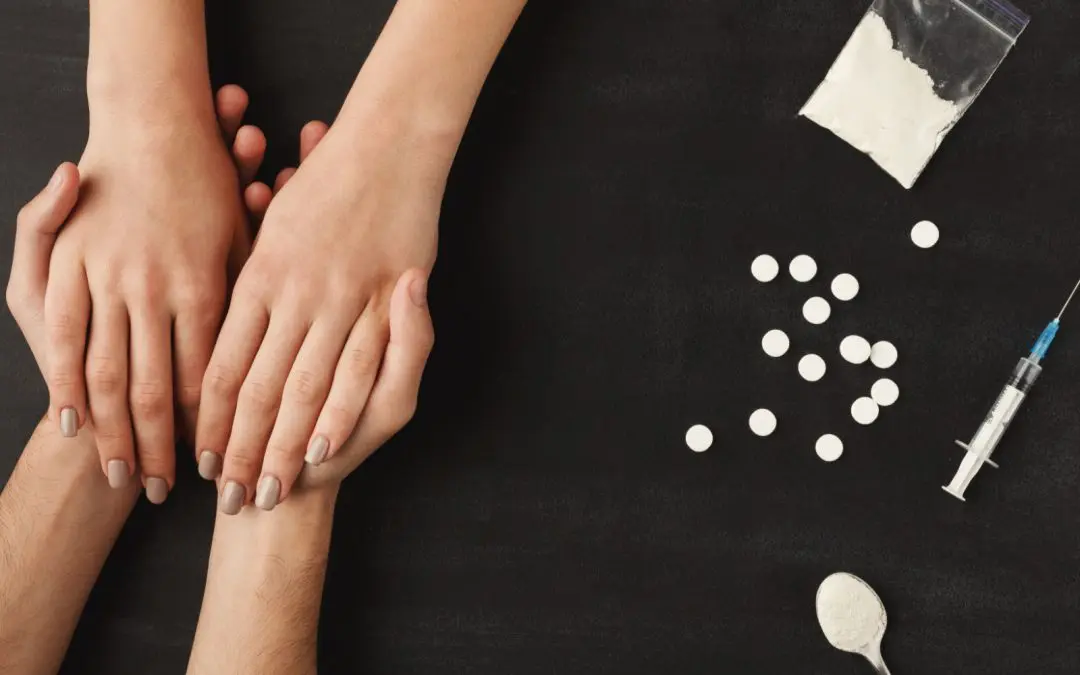24/7 Helpline:
(866) 899-221924/7 Helpline:
(866) 899-2219
Learn more about Ritalin Rehab centers in Richland
Ritalin Rehab in Other Cities

Other Insurance Options

Regence

Sliding scale payment assistance

MVP Healthcare

Absolute Total Care

Humana

Health Net

Coventry Health Care

BlueCross

Highmark

Ambetter

State Farm

CareFirst

Oxford

Health Partners

WellPoint

CareSource

PHCS Network

Medical Mutual of Ohio

UMR

Evernorth









First Step Community Counseling Services
First Step Community Counseling Services is a private rehab located in Kennewick, Washington. First ...

Action Counseling
Action Counseling is a private rehab located in Kennewick, WA. Action Counseling specializes in the ...

MERIT Resource Services
MERIT Resource Services provides quality outpatient alcohol drug counseling services. MERIT Resource...




































Advocates for Wellness
Advocates for Wellness is a private rehab located in Kennewick, Washington. Advocates for Wellness s...

Ideal Balance
Ideal Balance is a private rehab located in Kennewick, Washington. Ideal Balance specializes in the ...
















